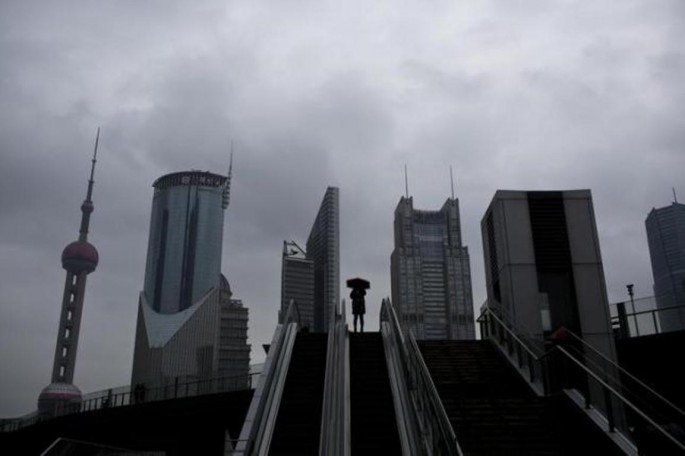Shanghai launched a 20-point strategy to attract rich talent into the scientific research and innovation six months ago, and it is already producing fruits.
The deputy secretary of the CPC Shanghai Municipal Committee, Ying Yong, asserted that the motivations being given have greatly increased the number and variety of professionals coming to work and live in the city, according to China Daily.
The regulations included easing restrictions on permanent residency, cutting down on tax rates for startups, providing space in specially constructed high-tech business parks, and a pilot program that provides support to researchers to commercialize their findings. Furthermore, the authority allows teams to take up to 70 percent of the profits from successfully commercialized research.
One of the drivers of the policy program is the Shanghai Institute of Materia Medica that functions under the aegis of the Chinese Academy of Sciences. The academy has established 15 new research and development centers within six months. The centers have drawn business with total contract value of 800 million yuan ($121.8 million).
According to the officials at the Shanghai Statistics Bureau, the return is more than the previous five years cumulatively. Besides, the bureau has eased the visa application approval process for foreign students and experts.
About 88,000 overseas experts from different sectors have settled in Shanghai during the period, in addition to 130,000 Chinese students, who opted to work in the city after studying abroad.
Ying pointed out that the wide range of incentives to attract people to the city is now having a notable knock-on effect on the city's larger industrial upgrading and economy.
Ying said: "Economic growth in Shanghai is becoming of higher quality and efficiency. The city's overall revenue last year reached 551.95 billion yuan ($84 billion), a 13.3-percent increase year-on-year, which is nearly twice that in 2010."
The local and overseas businesses set up in the past six months have increased their investment in research. The latest numbers indicate that the Shanghai Institute's 15 new centers have contributed to improve the city's overall population of foreign-funded high-tech enterprises about 400.



























